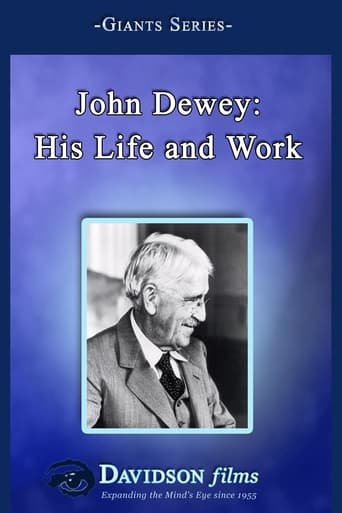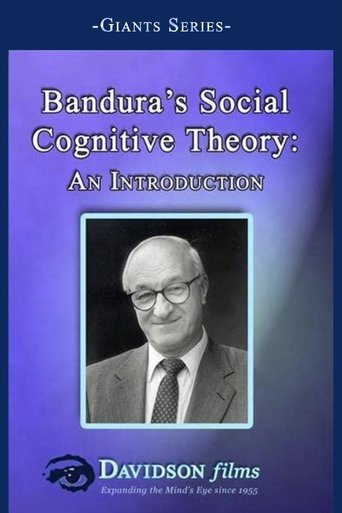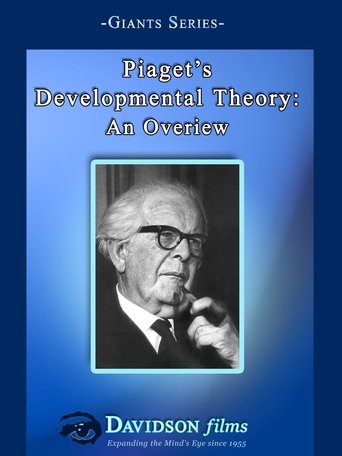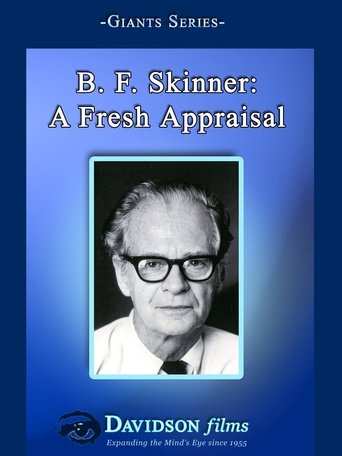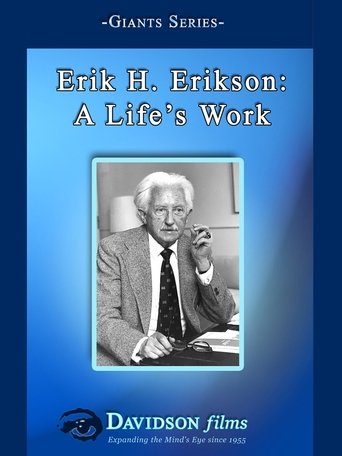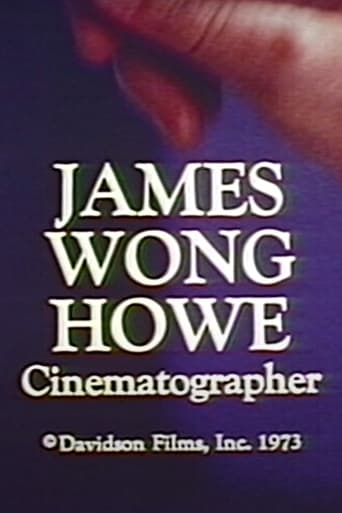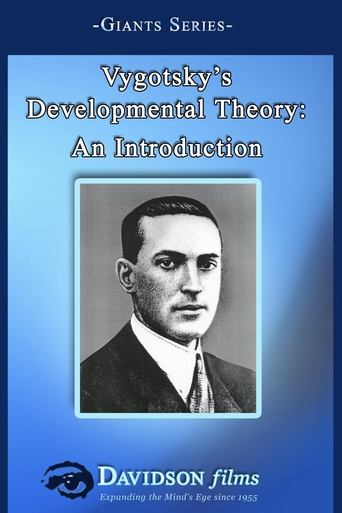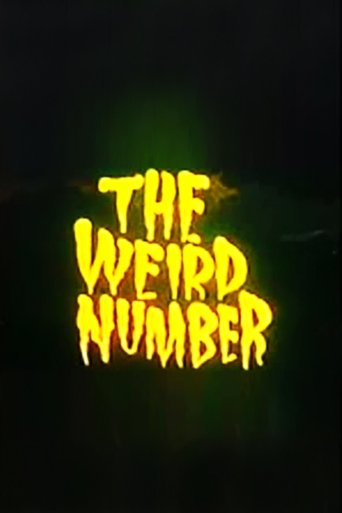John Dewey: An Introduction to His Life and Work 2003
John Dewey wrote extensively about philosophy, psychology, education, political science, and the arts. In his very full 92 years of life (1859-1952), he not only wrote about the breadth of life, he participated in it as a teacher, social critic, political activist and involved family man. This fully produced video introduces students to his philosophy and his critical studies of education, the arts and the implications of democracy for the lives of individuals and their communities. Dewey lived in a different era of history than we do, but many of his concerns are very relevant to life today. Maintaining a democracy in the face of diverse ethnic values, educating the young to participate fully in the life of their community, and expanding individual perceptions through participation in the arts were among the issues he examined.
